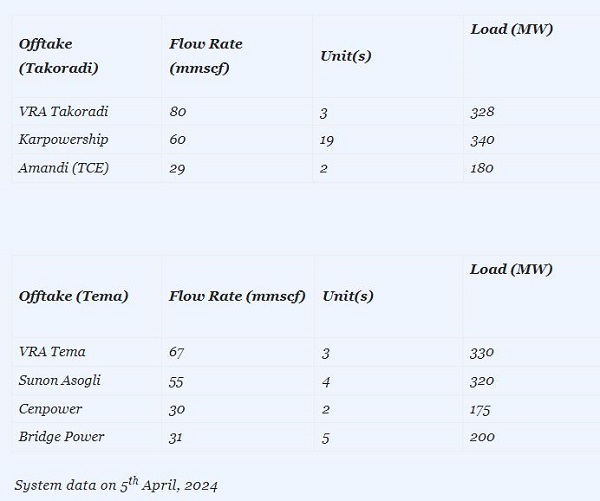 Chief Executive Officer, Independent Power Generators, Ghana
Chief Executive Officer, Independent Power Generators, Ghana
Recent discussions regarding the power supply situation in Ghana, from January to date, have raised concerns and drawn attention to the reliability of our national grid. It is crucial to make certain clarifications, based on scientific analysis and best practice, devoid of politics, to ensure accurate information is available to all.
Firstly, it is imperative to address the notion of intermittent power supply currently affecting our communities and businesses. It is avoidable. Reports of such disruptions and causes are not only exaggerated but largely misrepresented by some spokespersons of the utilities and ‘experts’.
The root causes of the inconsistencies in power supply are multi-faceted and are primarily due to strategic planning choices and operational methodologies.
A significant factor contributing to these shortages or intermittency is the excessive exportation of cheap generation from the legacy Akosombo and Kpong hydro plants to SONABEL and CEB, as I have disclosed earlier. The export decision, aimed at maximising commercial gains, has inadvertently impacted our domestic supply capabilities.
To support the economic recovery efforts of the government, the VRA must desist from the cheap electricity export, which could maximise ECG’s revenue making ability and allow the underutilised expensive thermal capacities, which have debt toll on the sector, to be exported to reduce the idle capacity obligations on ECG.
Another significant factor creating the supply gap (shortage in supply) is the bias and inefficient allocation and use of the limited natural gas resource. The continuous allocation of the limited available natural gas resource to the over-aged and inefficient simple cycle thermal plants of Volta River Authority (VRA) has compounded our challenges.
The shortage on the national grid is absolutely avoidable. These plants are significantly less efficient in output compared to the modern combined cycle plants operated by the Independent Power Generators.

From the table:
The VRA’s simple cycle and over-aged power plant received 80mmscf of natural gas and generated only 328MW of electricity. Karpowership, an IPP and a modern combine cycle plant received 60mmscf of natural gas and generated 340MW. Without any ambiguity, it is clear that giving more gas to the IPP – Karpowership, would have yielded a more electricity to the grid than to VRA;
In Tema, the VRA simple cycle plant received 67mmscf of natural gas and produced only 330MW. Sunon Asogli, an IPP and a modern day combined-cycle, received 55mmscf of natural gas and churned out 320MW. This is economic and technical efficiency.Meanwhile, Sunon Asogli 1(200MW) is idle and accumulating idle capacity charge, while the VRA inefficient plants continue to fire. Where is the Scale of Reference and the Merit Order Dispatch?
Again, CenPower and Bridge Power received 30mmscf and 31mmscf of natural gas respectively, and yielded 175MW and 200MW in the same order. Giving CenPower upto 55mmscf to will generate about 320MW.
The shortage on the grid is fake and avoidable. The disparity in efficiency not only affects the overall power generation but also escalates the operational costs ultimately borne by the Electricity Company Ghana(ECG). The management of the limited natural gas resource in this challenging times requires economic and logical reasoning for optimum productivity. The shortage in supply is not an ECG issue but rather the export and inefficient use of the natural gas by VRA.
Beside the above, the energy sector has become an orphan, without a lead. The deliberate neglect and continuous unavailability of the sector minister to engage the Independent Power Generators for practical and workable solutions to the challenges of the sector is causing much harm to the sector. Our experience and knowledge of the industry is invaluable and should not be underestimated.
As the leader of Independent Power Generators Ghana, I am committed to advocating for strategic planning in our power generation and distribution framework.
Our focus is on enhancing efficiency through advanced technologies and better planning strategies. We are dedicated to working collaboratively with all stakeholders on the value chain in a constructive dialogue and to support strategic, forward-thinking policies that prioritise national interest and sustainability of the sector to ensure a stable, efficient and sustainable power supply for all Ghanaian.